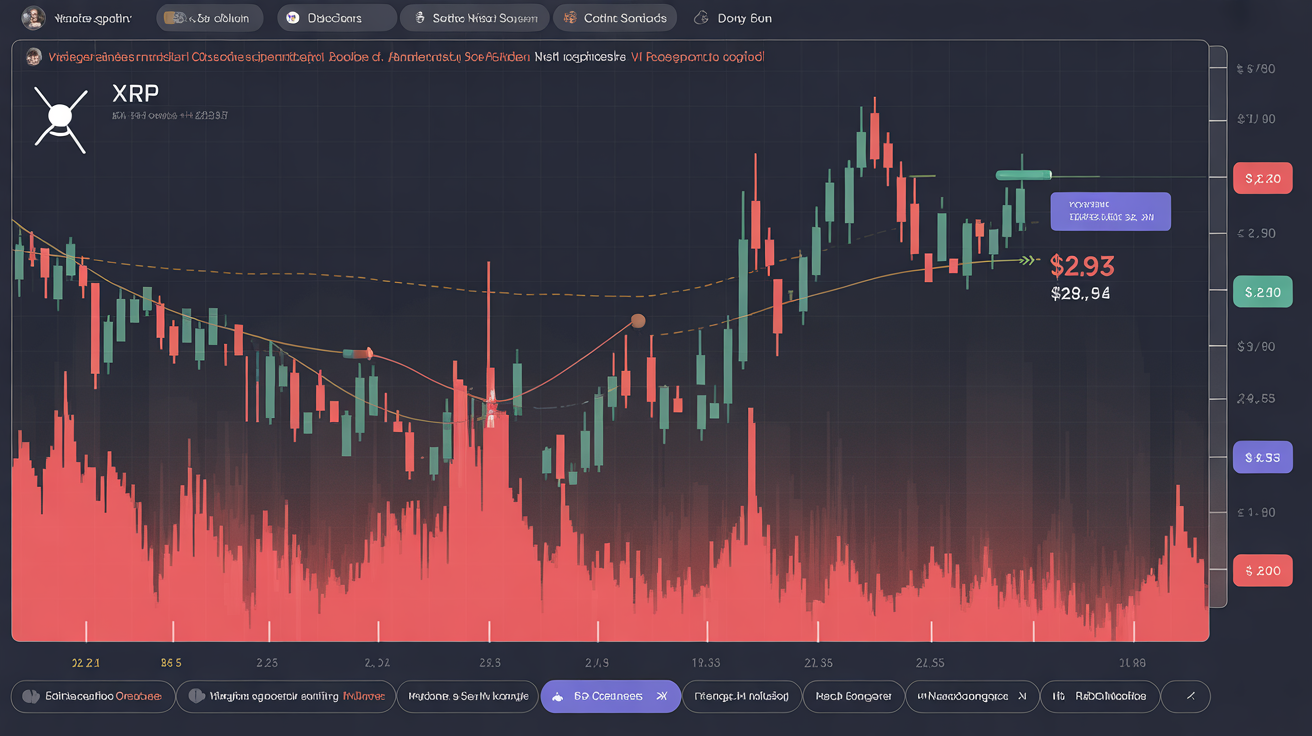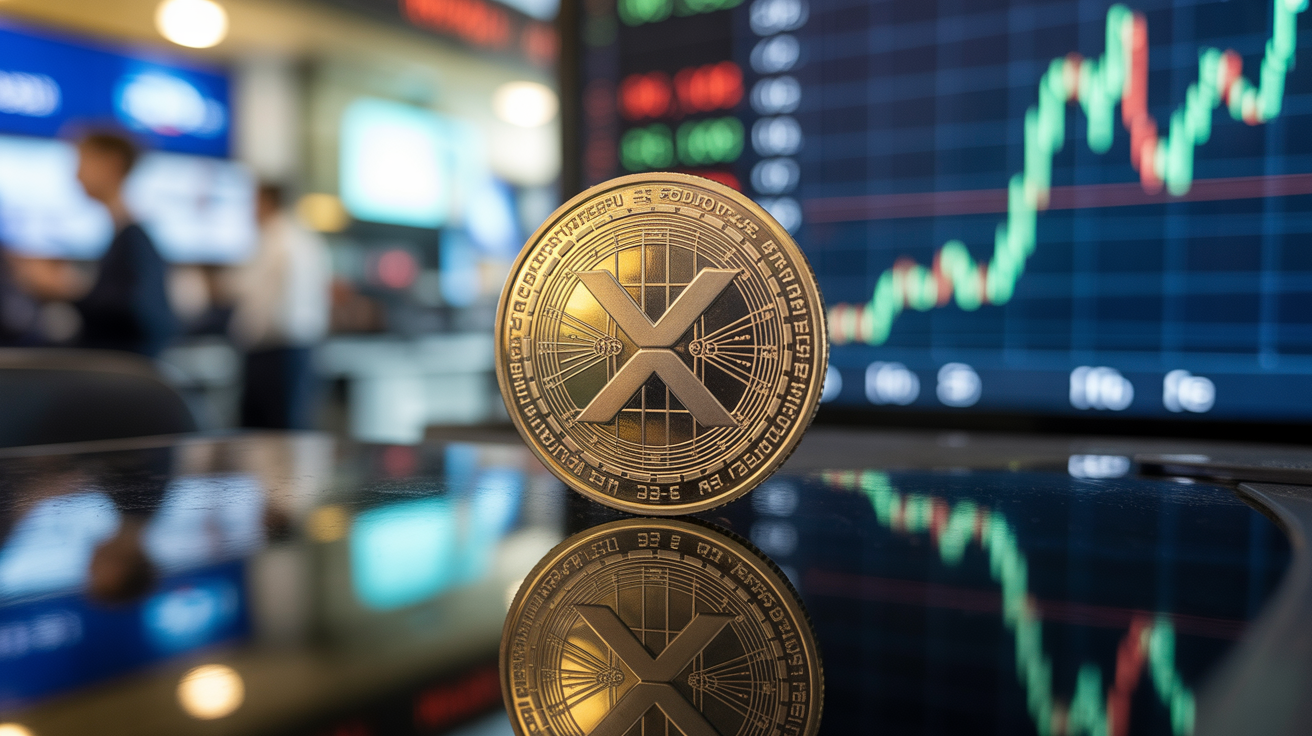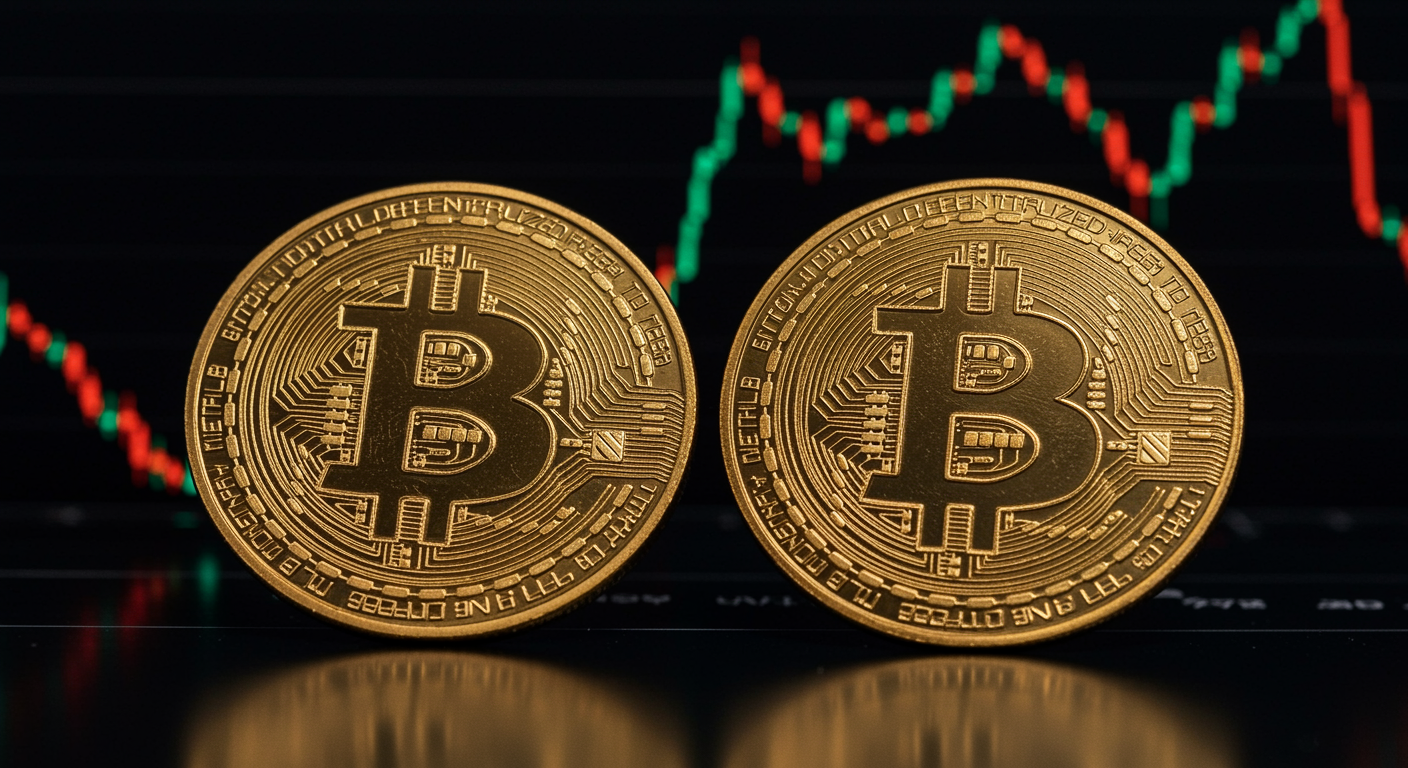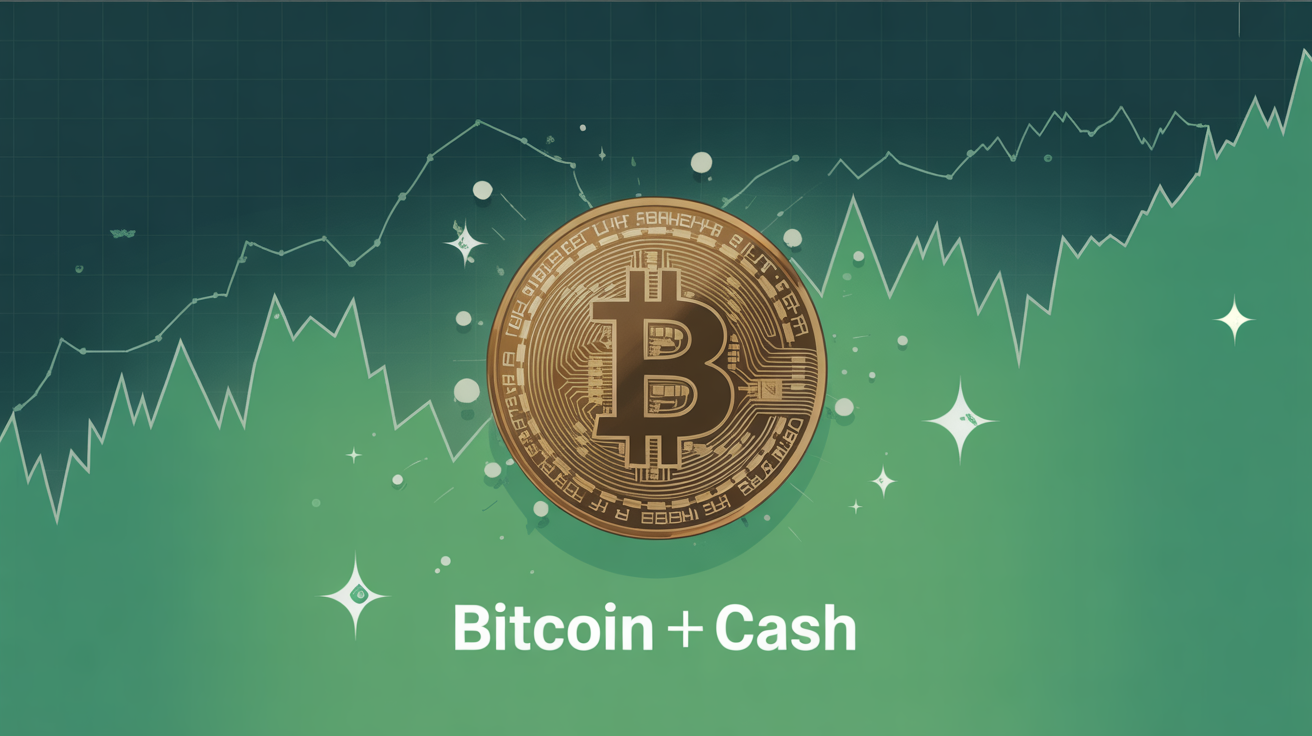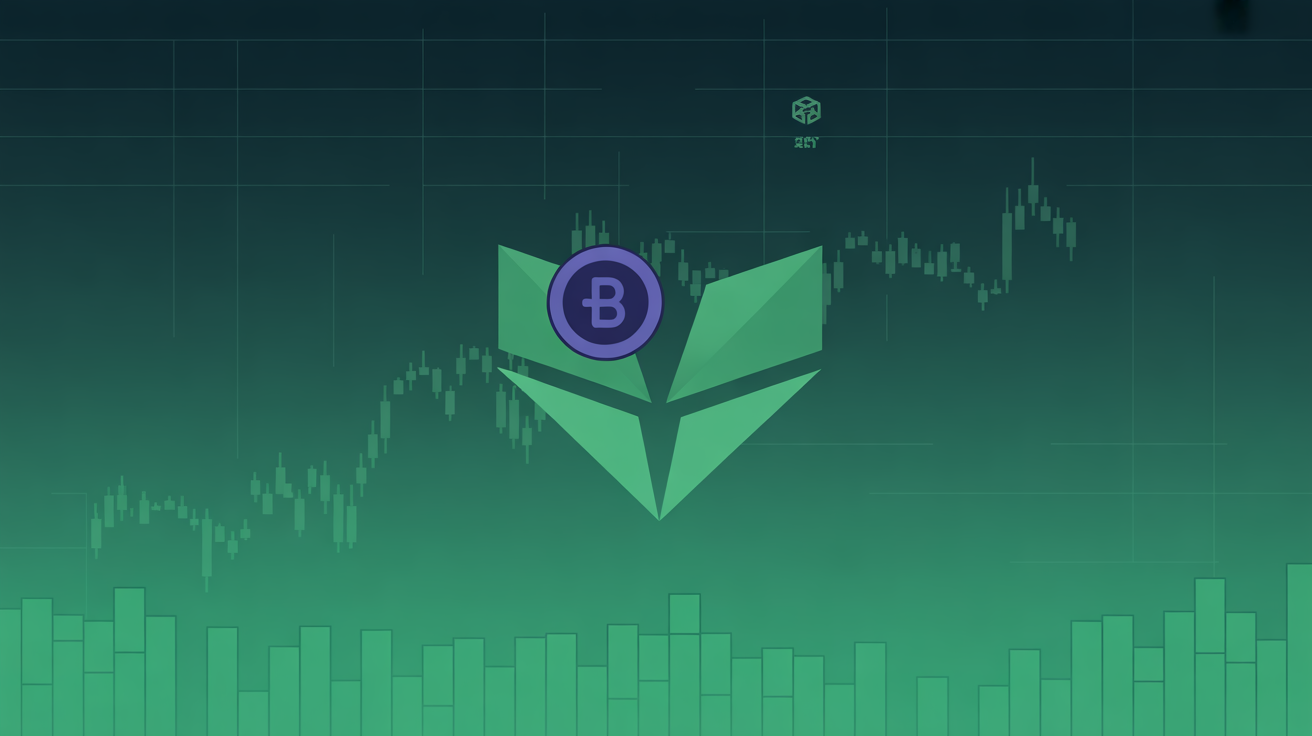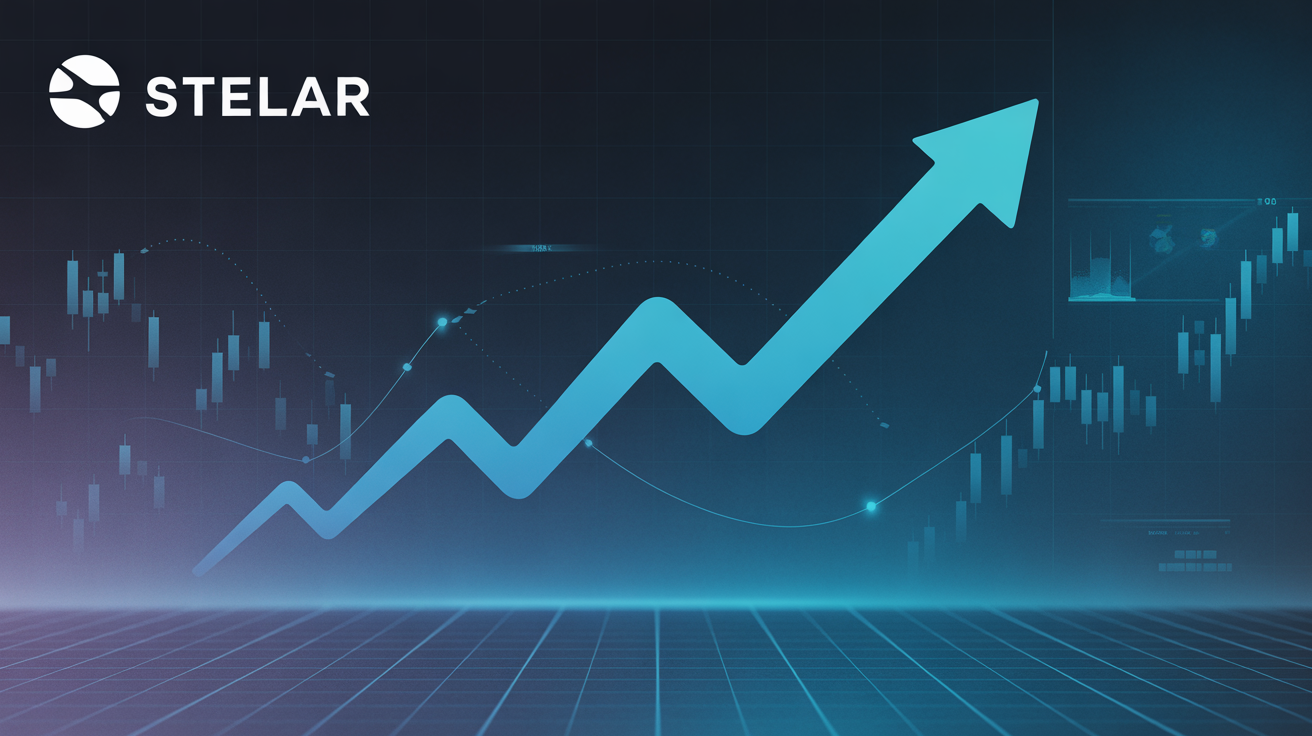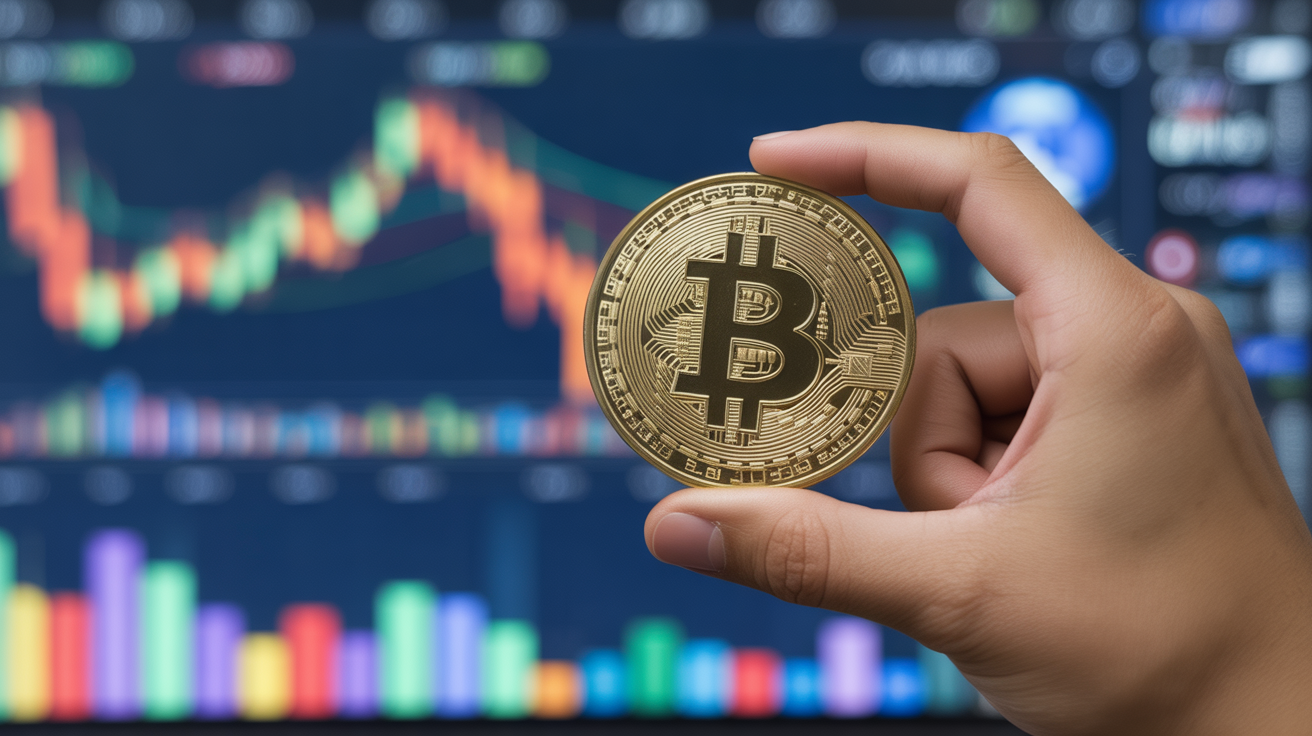XRP Faces Resistance at $2.92–$2.93, $2.85 Support Under Pressure
XRP attempted to climb above $2.90 on Wednesday but quickly reversed, leaving price back at $2.85 as profit-taking outweighed buying pressure. A new supply zone emerged at $2.92–$2.93, while the $2.85 support level is now under scrutiny amid lingering macroeconomic headwinds.
Market Background
On October 8, XRP rallied roughly 2% intraday, surging from $2.88 to $2.93 around 17:00 UTC on turnover of 86.6 million, nearly double the 24-hour average of 48.3 million. The spike coincided with heightened geopolitical tensions and central bank activity, driving broader volatility across risk assets. Despite underlying trends in institutional adoption, profit-taking dominated into the U.S. market close.
Price Action Recap
- XRP traded in a $0.08 range (3%) between $2.85 and $2.93.
- An afternoon breakout above $2.90 reached $2.926 before reversing.
- The rally formed a fresh supply zone at $2.92–$2.93.
- In the closing hour, the price slipped from $2.86 to $2.85 on 2.97 million volume, confirming a short-term breakdown.
- XRP ultimately settled at $2.851, down 2.5% from intraday highs.
Technical Outlook
The $2.86 support level gave way under heavy selling, turning it into near-term resistance. Immediate support sits at $2.85, with a decisive break potentially exposing $2.80. Resistance remains firmly at $2.92–$2.93, where high-volume selling has capped upward momentum. While short-term price action shows bearish pressure, ongoing institutional accumulation and potential regulatory catalysts continue to support broader positioning.
What Traders Are Watching
- Whether $2.85 can hold as a near-term floor or gives way to $2.80.
- A potential retest of the $2.92–$2.93 supply zone if momentum returns.
- Macro influences, including Federal Reserve policy expectations and trade tensions, affecting risk flows.
- ETF developments and regulatory clarity that could reignite institutional demand.


